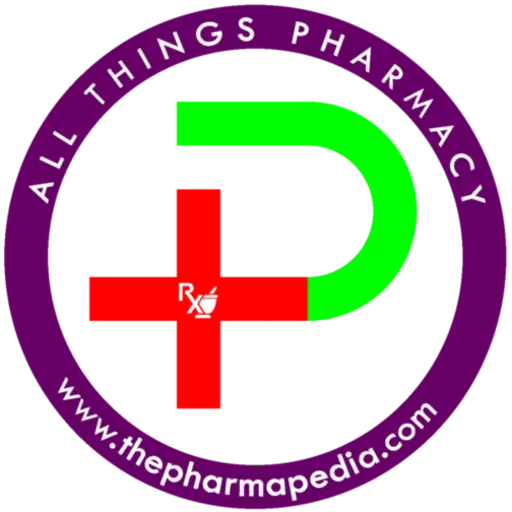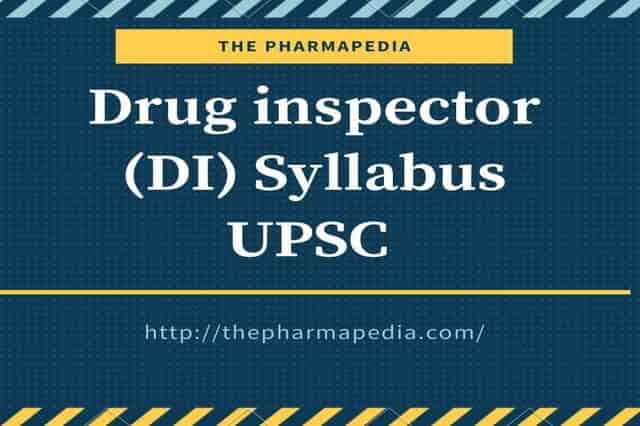45. Quality control of Drugs of Natural Origin: Adulteration of drugs of natural origin.
Evaluation by organoleptic, microscopic, physical, chemical and biological methods and properties.
46. Introduction to secondary metabolites: Definition, classification, properties and test for identification of Alkaloids, Glycosides, Flavonoids, Tannins, Volatile oil and Resins.
47. Proteins and Enzymes: Gelatin, casein, proteolytic enzymes (Papain, serratiopeptidase, urokinase, streptokinase, pepsin).
48. Nutraceuticals: General aspects, Health benefits and role of Nutraceuticals in aliments like Diabetes, CVS diseases, Cancer, Irritable bowel syndrome and various Gastro intestinal diseases.
49. Herbal-Drug and Herb-Food Interactions: General introduction to interaction and
50. Herbal drugs and their possible side effects and interactions: Hypercium, kava- kava, Ginkobiloba, Ginseng, Garlic, Pepper & Ephedra.
51. Herbal Cosmetics: Sources and description of raw materials of herbal origin used via colours, perfumes, protective agents, bleaching agents, antioxidants in products such as skin care, hair care and oral hygiene products.
52. Herbal excipients: Significance, colorants, sweeteners, binders, diluents, viscosity builders, disintegrants, flavors & perfumes.
53. Herbal formulations: Conventional herbal formulations like syrups, mixtures and tablets and Novel dosage forms like phytosomes.
54. Evaluation of Drugs: WHO & ICH guidelines for the assessment of herbal drugs, Stability testing of herbal drugs.
55. Patenting and Regulatory requirements of natural products: Patents & IPR.
56. Regulatory Issues: Regulations in India, Regulation of manufacture of ASU drugs Schedule Z of Drugs & Cosmetics Act for ASU drugs.
57. Good Manufacturing Practice of Indian systems of medicine: Components of GMP (Schedule-T) and its objectives.


